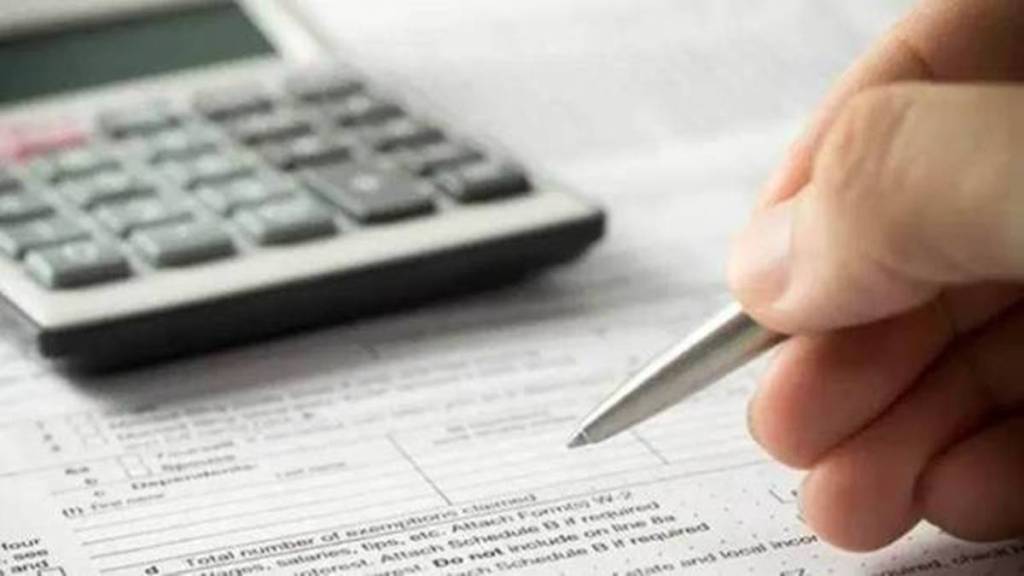Income Tax laws offer tax deductions on donations to specific registered institutions. However, recently, donors contributing to charitable organisations and political parties have received notices from the income tax (I-T) department questioning the legitimacy of their donations.
Donations to unregistered institutions
Only donations to registered institutions and recognised political parties are eligible for tax deductions. Under the Income Tax Act, the primary sections governing donations are 80G, 80GGA, and 80GGB. The deduction amount ranges from 50% to 100% of the contribution made, depending on the section under which the donation is made.
Charitable trusts or organisations
Verify that the trust is registered with the I-T department and has a valid registration number, which can be checked on the I-T portal. Obtain a receipt from the charity/trust with details such as your name, address, donation amount, trust registration number, and PAN number.
Political parties
Ensure the political party is registered under Section 29A of the Representation of the People Act, 1951, and qualifies for tax deductions under Section 80GGB. This information is available on the Election Commission of India’s website. To claim a tax deduction, you must submit a receipt as proof of donation, containing details like the party’s PAN, TAN, address, fund registration number, payment method, and your name.
Mismatch
Sometimes, there is a mismatch between the tax deductions claimed by the donor and the amount of contribution declared by the donee. In such cases, the donor can ask the donee to rectify the data submitted to the I-T department. In some cases, the I-T department has noticed a significant difference between the income declared by the donor and the contribution made by them. In such cases, donors must explain the source of funds for the donations. It’s possible that donations are made from funds earned in previous years, but it’s crucial to keep track of sources for adequate disclosure during scrutiny.
False claims
In some instances, the I-T department has alleged that contributions were made by cheque but subsequently refunded to the donor in cash. This constitutes serious misreporting. In such cases, not only will the tax deductions be withdrawn, but the donor may also face penalties ranging from 100% to 200% of the evaded tax, at the discretion of the tax officer. Since deductions for donations fall under Chapter VIA deductions, the total deduction cannot exceed the total income of the donor. Maximising the tax benefits of your donations while ensuring compliance with tax laws requires due diligence, understanding applicable deductions and maintaining records.
The writer is partner, Nangia Andersen India. Inputs from Neetu Brahma


